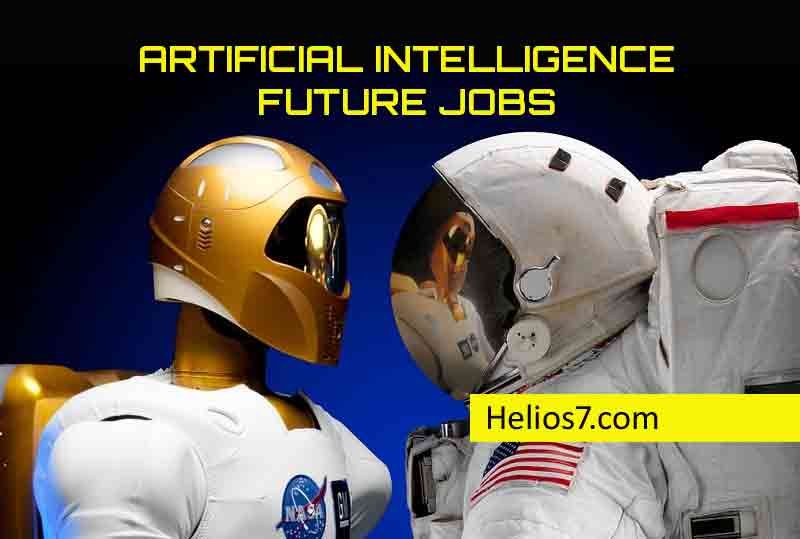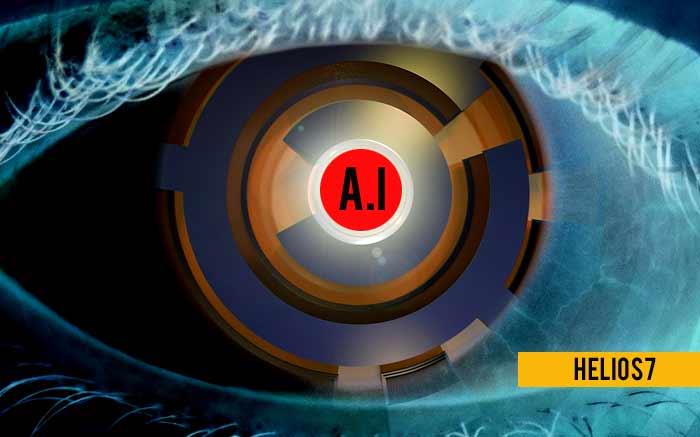Future Jobs which will be created by Artificial Intelligence

Artificial intelligence is one of the main technologies of our era because it facilitates everyday life, leverages all the resources of a company to maximize profits and meets the needs of consumers by appealing to the personalization of demand. Although the fear of losing work by automation is commonplace, it is also true that new jobs will be created, fundamentally linked to the implementation of Big Data in artificial intelligence to enhance its possibilities.
Artificial Intelligence and the Future
It is an intelligence developed by the human being for a machine to operate using information from its environment, interpreting it rationally and optimizing its chances of completing a task successfully. It uses generic algorithms, artificial neural networks and reasoning analogous to the abstract thought of a person. Although it began to work in the 90’s, it recently became relevant because the technological advances for artificial intelligence made the robots every day look more like humans , a tendency that will continue increasing until obtaining systems practically equal to an organic brain.
The automation of manual processes to reduce costs and labor is perhaps the most widespread consequence because there are machines capable of working in factories with employees. There is still a fear of being replaced by a robot at work, but fortunately the elimination of jobs will not mean a major crisis as soon as a substitution occurs: the labor force will move to areas barely explored or even imagined.
Interpreter: professional in charge of translating the complex technological algorithms in ground cables simple to understand for the rest of a non-technical work team. It will play the role of nexus between technologists and business leaders with training in management who will not necessarily know the technicalities of artificial intelligence.
Coach: will adapt artificial intelligence technologies to the demands of the market to ensure the competitiveness of the company. It will match these technologies with the patterns that are handled in the area, ensuring quality standards and providing the qualified human hand that can not replace a machine.
Sustainer: specialist dedicated to the humanization of artificial intelligencein relation to the repair of errors that the robot commits, its dynamization to congenial with the real-time business rhythm and the ethical rules that will govern the operation of the machines.
Big Data as engine of artificial intelligence
Data are considered the oil of the 21st century as it is the basis of the digital economy, a market model that is rapidly advancing on traditional land buying and selling. Until a couple of decades ago the data were not used because there were no systems capable of processing them to draw conclusions that were combined with other technologies. Deleted, archived or wasted, the data by themselves did not bring value without a process of analysis that could hardly perform a person without the help of machines due to the amount of information.
With social networks and the Internet of things, data continued to grow exponentially while artificial intelligence was perfected and harmoniously joined: data became the engine of artificial intelligence to draw conclusions that customized the products or services taking into account the particularities of the customers. Companies are able to extract data and entrust them to an artificial intelligence system to satisfy us on their own.
Until a while ago the market sat the offers, now the demand guides the marketing process because the products or services are constructed based on a previously studied real need . Businesses reduce their chances of failure when their offers fit what we want, or solve an everyday problem in an innovative way using data.
Artificial intelligence allows the elimination of redundant data to prioritize those predictors that set guidelines on the future behavior of the client. An example is Amazon’s virtual assistant, Alexa, an artificial intelligence system that crosses data to guide our purchasing decisions, matching the expectations of customers with the most promising products or services of the company in prestige or profitability.
Article by: Employment-Newspaper.com





